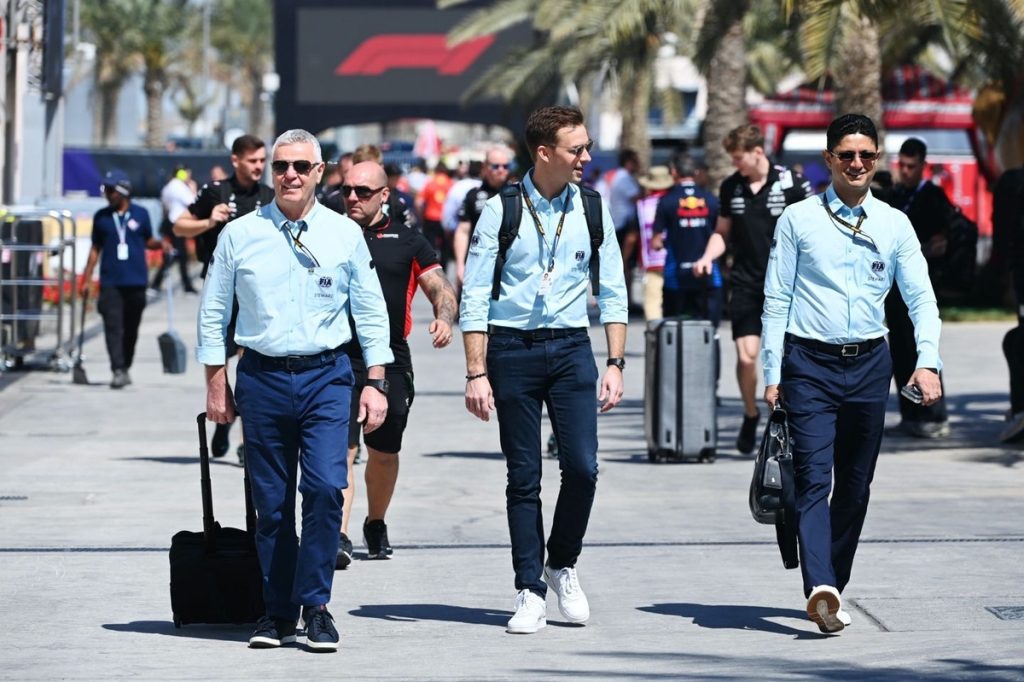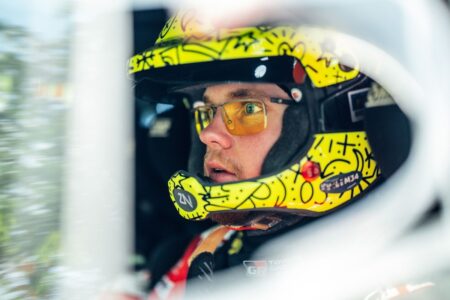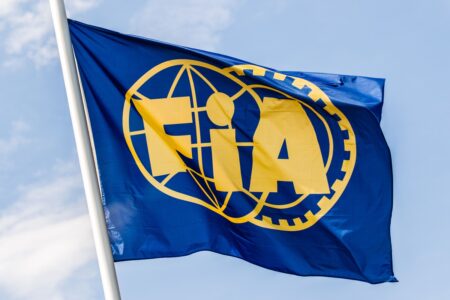Formula 1 Stewards’ Panels to Expand at High-Workload Events
Formula 1 is set to introduce a significant change to its stewarding panels at six high-workload events in the 2025 season, as revealed by Autosport. According to Article 15.1 of F1’s 2025 sporting rules, the panels will expand from three to four officials at these events. This move aims to enhance the stewarding capacity and resources, particularly at races where the workload is anticipated to be higher based on historical data. The expansion will apply to the Australian, Chinese, Canadian, Singaporean, Mexican, and Brazilian Grand Prix, while the remaining 18 races will retain the standard three-person panel.
The Role and Structure of Stewarding Panels
Traditionally, F1 stewarding panels have consisted of three officials, including one ex-racer to provide insight from the drivers’ perspective and another steward appointed by the national sporting authority overseeing each race. The new rule specifies that the panels will now have a minimum of three and a maximum of four stewards, with one appointed as chairman. These stewards must hold an FIA Super Licence, which is different from the licences earned by F1 drivers. The additional steward will assist in performing initial reviews and collating evidence, but decisions will continue to be made collectively by the full panel.
Enhancing Efficiency and Fairness
The decision to expand the stewarding panels at high-workload events is driven by the need to improve the efficiency and fairness of the decision-making process. These events, known for their complex and fast-paced nature, often present numerous incidents that require prompt and thorough review. By adding an extra member, the panels can more effectively manage the workload, ensuring that all relevant evidence is considered and that decisions are made in a timely and accurate manner. This change is expected to reduce the pressure on the existing stewards and improve the overall quality of the stewarding process.
Controversies and Challenges
The topic of F1 stewarding remains a contentious issue, especially regarding the use of unpaid volunteers. These volunteers, who are only offered travel expenses, are responsible for judging racing incidents and other actions covered under the FIA’s compliance codes. FIA President Mohammed Ben Sulayem has acknowledged the need for reform and has expressed openness to having permanent stewards. However, the question of funding has been a significant hurdle. Ben Sulayem has pointed out that the drivers do not want to pay for it, highlighting the economic challenges of implementing such a change.
Industry Perspectives and Support
Despite the funding challenges, there is growing support for change within the industry. McLaren boss Zak Brown has stated that he would be willing to contribute to the cost of permanent stewards, recognizing the importance of improving the stewarding system. Brown’s stance reflects a broader sentiment among team principals and stakeholders who believe that the current approach is unsustainable and that investing in a more robust stewarding system would benefit the sport in the long run. The support from teams like McLaren is a positive step towards finding a viable funding solution.
Recent Developments and Future Directions
The recent controversy involving ex-F1 racer Johnny Herbert has further highlighted the need for greater transparency and professionalism in stewarding. Herbert was removed from the FIA’s stewarding pool due to his involvement in media punditry and his dealings with betting companies. His comments on decisions made during the Mexican Grand Prix, where he served as a driver steward, earned a strong rebuke from Max Verstappen’s camp. This incident has increased the focus on the activities and conduct of stewards, emphasizing the need for clear guidelines and accountability. As the sport moves forward, the FIA and other stakeholders will continue to explore ways to enhance the stewarding system, ensuring that it remains fair, efficient, and transparent.











